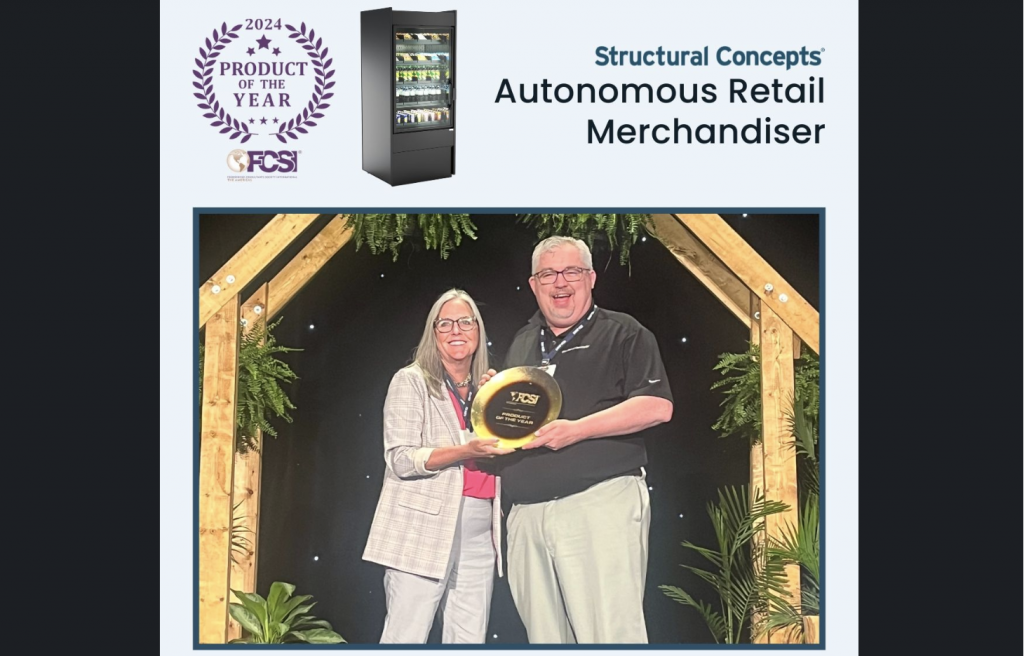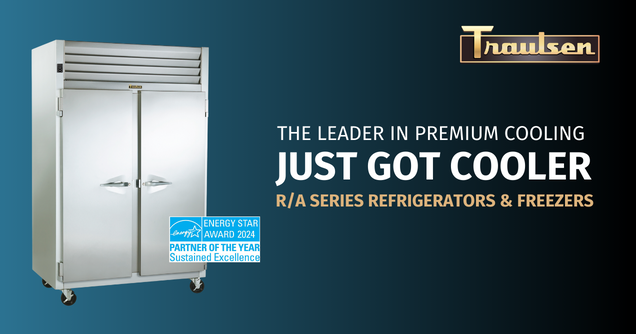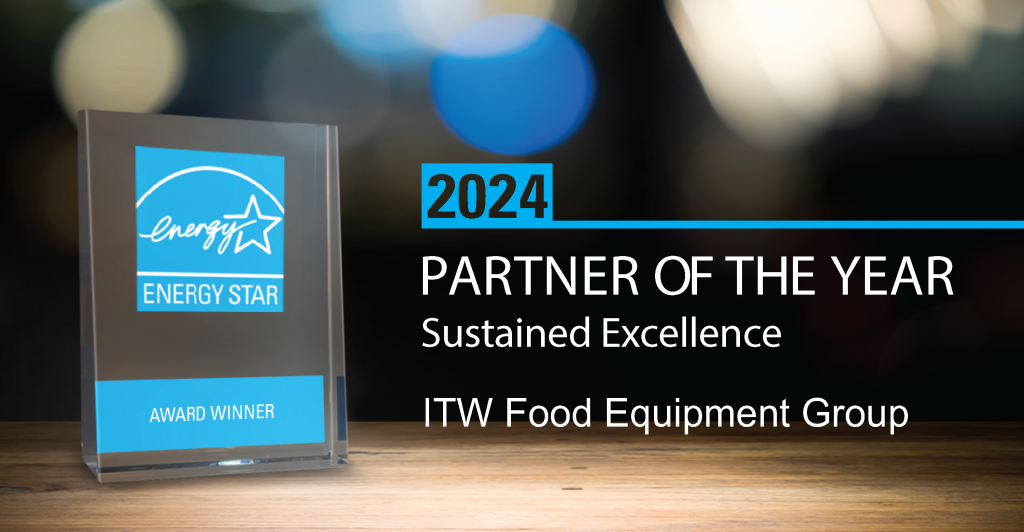
A small restaurant, a larger casual dining operation, ghost kitchen 2.0, or the dream of a successful franchise model: whether you become the next star of the scene or fail miserably depends not only on a good idea but also on a perfectly coordinated concept. Food labs, which can now be found in all major cities, offer space and know-how to develop concepts successfully.
Really, everyone in the foodservice industry knows one of these stories: colleagues, friends, or even someone in the family have a brilliant idea for a business. It’s planned, discarded, tested and some of these concepts finally make it to the point where one day they open the doors and welcome guests.
For many, the proverbial dance on a knife-edge begins at this stage. No matter how good the menu, no matter how motivated the team is to open the doors every day, and no matter how good the initial feedback from guests, few of these establishments make it past the first years, and many that stick around longer are just breaking even.
In an Ohio State University study for the US market, researchers found that about 60% of newly opened restaurants close or change ownership after just one year, with only 20% surviving the first five years. Although some studies come up with lower numbers, opening a business in the foodservice industry takes entrepreneurial spirit, courage, and a clear vision.
Food labs: the concept accelerators
Food labs can now be found in many large cities, whether New York, San Francisco, Berlin, or Hamburg. In San Francisco, for example, WeWork offers space for ideas to be put into action.
At the Food Tech Campus in Berlin, which is operated by EDEKA, startups can not only build on rooms, co-working space, and exchange with like-minded people but also use the ecosystem of EDEKA.
The foodlab in the Hafencity of Hamburg/Germany is also one place where new ideas can become concepts and subsequently successful businesses. The foodlab not only combines the opportunity to experiment with dishes and concepts but also offers space to test these concepts: in your own restaurant. The in-house agency provides support in the development, food photography, and marketing
Founder and managing director of foodlab is Christin Siegemund, who with her creative, different-thinking head and her passionate foodie heart wants to bring food startups and Hamburg as their capital forward.
Thus, foodlab is more than just a test kitchen that can be rented. “We are a mixture of co-working and production facility. Meaning, the startups – no matter in which phase – are either looking for a place to produce, present, test and network here,” explains Siegemund. “We see ourselves as hosts and impulse providers, and also as a kind of meeting place and networker.”
From idea to concept
A new fast-casual concept with Indian roti as the base, a bistro concept with homemade baked goods and a changing menu for breakfast, lunch, and dinner, or the new development of a local and ecologically distilled gin? “You have to have a clear idea and a vision; everything else can be arranged later”, knows Christin Siegemund.
For example, to start and successfully open a foodservice business, a few guiding questions to answer for yourself and those around you will help. Here are the most important:
Is foodservice my thing?
Many tend to have a glorified view of the restaurant business, seeing themselves sitting with guests over a glass of wine or planning for expansion even before the concept is up and running. But above all, gastronomy is hard work, a back-breaking job that rarely brings fame and fortune overnight. You have to have stamina, flexibility, and a good dose of optimism.
What is my unique selling proposition, my market niche?
Many things have already been thought of (successfully or not) and implemented. Is the idea, the concept, completely new or do I improve an existing concept and enter into direct competition with it? Can a new idea find its place in the market and fill a niche? It does not have to be an expensive, external market analysis that provides answers to these questions. However, every new founder must be aware of the market in which he operates, which competitors are also waiting for guests.
What do my guests look like?
Students and hipsters or perhaps rather families? Business lunches and fine dining or a more casual gathering of good friends in the evening for a few drinks and snacks? Knowing which target group to address with the concept is not only important for the menu but more importantly for the pricing, the design, the communication – in short, the entire look and feel of the concept.
What do I stand for anyway?
This question may sound strange to many, but it is becoming increasingly important for the success of concepts. Customer groups such as Millennials or Generation Z are driven in their lifestyle by the concept of “meaning”, i.e., finding purpose and meaning in what they do; this significantly influences purchasing behavior. How are the dishes produced, where does the food come from? Does the concept stand for organic and sustainability? Do the employees find a working environment that is designed for togetherness and personal development? While you don’t have to chase every food trend, what the concept consistently stands for is important and should be well considered.
The right technology
The costs of a kitchen and bar alone are immense and should be carefully considered: buying inexpensive equipment that quickly reaches its limits and may soon have to be replaced can quickly become a problem. Likewise, modern, efficient production needs the right technology: intelligent combi steamers replace inefficient hot-air ovens, for example, and offer production reliability and quality through a simple operation. In addition, the topic of digitalization is becoming increasingly important and can bring decisive advantages when it comes to delivery, efficient merchandise management, recipe management, or even production safety.
Financing and business plan
No matter how good the concept is, in order to get started, the coffers should be well filled. Whether this happens through traditional financing at the bank, investors, or crowdfunding, it plays a subordinate role. What is important is that the costs are realistically estimated and that there is financial leeway if something goes wrong. A detailed business plan is not only important for funding but also helps to check if you are “on-track”.
The points as mentioned above cannot cover the whole range of questions one has to ask, and so Christin Siegemund also knows the top three things that are often underestimated: the just mentioned costs one has to spend to start a business; the scope of what it means to start a food startup; and, lastly, how important a good network is.
Minimize the risk
Everything planned, everything well thought out – and yet: there always remains a risk that the whole idea won’t take hold, the analyses weren’t right or were misinterpreted. Robert Irvine of the Food Network knows the most common reasons why restaurants fail:
- Inexperience: there is simply a lack of experience in the industry, the dynamic is underestimated, missing knowledge is bought in too late at a high price.
- Staff: finding and keeping good personnel is expensive; offering employees a perspective and developing it needs resources. And: the foodservice industry also brings its own problems that are typical for the industry.
- Cost management: personnel costs, food costs, the calculation of the sales price and last but not least the profit and loss statement (P&L) must always and at all times be in focus.
- Customer service: delighting customers, providing a perfect experience, building customer loyalty are important key points and often critical points when it comes to customer service.
- Quality: actually a matter of course, but what arrives at the customer tastes quite different than originally planned. The trap here is scaling: preparing a plate perfectly is easy, but delivering the same quality even in stressful and hectic situations with many orders must be trained.
Failure? Learn!
There are many things to consider, pitfalls to avoid and risks to minimize, but still: starting your own business in the foodservice sector, developing a new concept, testing it and welcoming the first customers is a perspective with incredible energy.
Good food labs that don’t just rent out space bring everything a startup needs in the crucial phase of the concept: space to test and try, a network that can be the panel for a new menu, agency services and critical feedback to identify inconsistencies and mistakes early on. In this way, you not only accelerate development but also create trust and exchange.
And if it does look like everything is going down the drain and you fail miserably? “In general, I would not speak of failure; that is a word we should banish from our vocabulary because if a product does not work on the market, there is still the question of whether the platform, timing, and product were right, whether and how you should reschedule and how far it is worthwhile to continue with what you have learned,” knows foodlab’s Christin Siegemund.
“Ultimately, you should not give up too quickly, but have more staying power. So far, no company has become successful overnight just because it was founded.” True enough.




